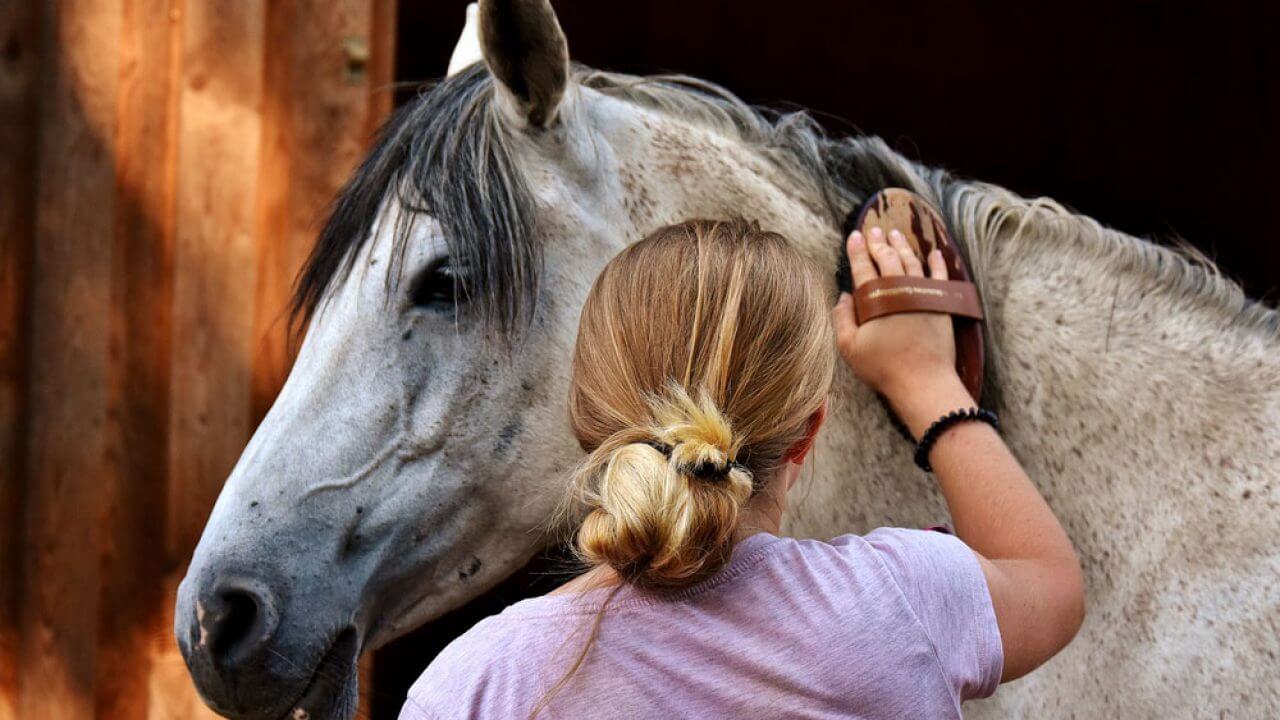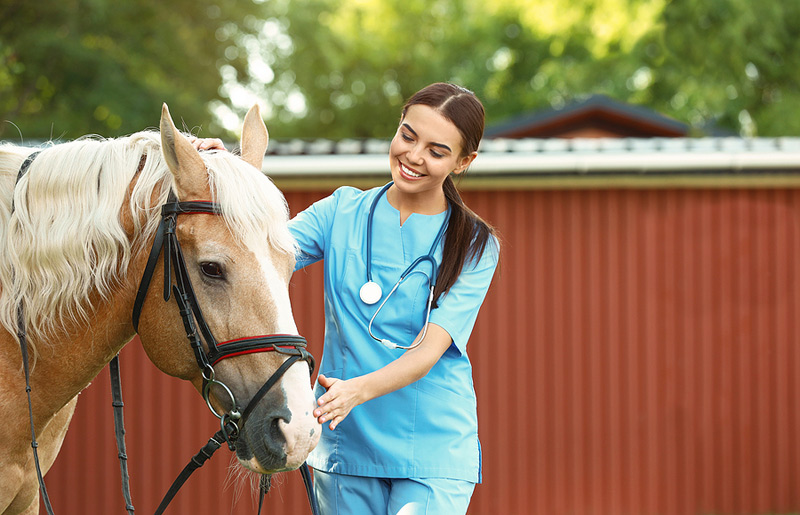As horses age, they face specific health challenges, one of the most concerning being colic. For those dedicated to the care of senior horses, understanding and implementing senior horse colic prevention strategies is crucial. In this article, we’ll explore various methods to keep your aging equine companion healthy and colic-free.

Understanding Colic in Senior Horses
Colic is a term that refers to abdominal pain in horses, and it can range from mild discomfort to severe, life-threatening situations. In senior horses, colic is often more complex due to age-related changes in their digestive systems.
Causes of Colic in Senior Horses
Several factors can contribute to colic in senior horses. These include dental issues, decreased digestive efficiency, and changes in diet or routine. Understanding these causes is the first step in senior horse colic prevention.
The Role of Diet in Preventing Colic
A balanced diet is crucial for maintaining the health of senior horses. Providing adequate fiber and hydration is essential. For more detailed dietary guidelines, refer to our Senior Horse Diet Guide.
Importance of Hydration
Ensuring your horse has constant access to clean, fresh water is vital. Dehydration can lead to impaction colic, which is a common problem in older horses.
Regular Veterinary Check-Ups
Routine veterinary check-ups are an essential part of senior horse colic prevention. These visits allow for early detection of potential health issues and ensure your horse’s vaccinations and deworming schedules are up to date.
Monitoring Dental Health
Dental problems can lead to improper chewing and, subsequently, digestive issues. Regular dental exams can help prevent colic by ensuring your horse can properly process its food. For more on dental care, visit Tooth Grinding Issues.
Exercise and Colic Prevention
Maintaining a regular exercise routine is beneficial for your senior horse’s overall health. Exercise aids digestion and helps prevent colic by keeping your horse’s body in motion.
Tailoring Exercise to Your Horse’s Needs
As horses age, their exercise needs change. It’s important to adjust their routines to match their current capabilities. This ensures they remain active without being overworked.
Managing Stress in Senior Horses
Stress can be a significant factor in colic development. Minimizing stressful situations and providing a calm, consistent environment can help prevent colic.
Recognizing Signs of Stress
Being able to identify signs of stress in your horse is crucial. These can include changes in behavior, appetite, and social interactions.
Supplementing for Digestive Health
Adding supplements tailored for senior horses can support their digestive health, reducing the risk of colic. Learn more about suitable supplements in our Supplements Guide.
Choosing the Right Supplements
Consult with your veterinarian to select the appropriate supplements for your horse’s specific needs, ensuring they receive balanced nutrition.
Environmental Management
Maintaining a clean and safe environment reduces health risks, including colic. Regularly inspect and clear pastures of harmful plants and ensure stalls are clean and dry.
Safe Pasture Practices
Rotate pastures and provide adequate shelter and shade to protect your horse from extreme weather conditions, further promoting their well-being.
Recognizing Early Signs of Colic
Early detection of colic symptoms can be life-saving. Signs include restlessness, pawing, rolling, and a lack of appetite. Immediate veterinary attention is crucial if colic is suspected.
Maintaining a Colic Log
Keeping a log of your horse’s health and any colic episodes can help your veterinarian identify patterns and suggest preventive measures.
Community Resources and Support
Engaging with local equestrian communities can provide valuable support and insights into senior horse colic prevention. Sharing experiences and tips can enhance your horse care practices.
Joining Equestrian Forums
Participating in online forums and groups can offer additional resources and a platform to discuss concerns with fellow horse owners.
Conclusion
By understanding and implementing these strategies, you can significantly reduce the risk of colic in your senior horse. With proper care, attention, and routine check-ups, your equine companion can enjoy a healthy and comfortable life.

FAQ
What are the main causes of colic in senior horses?
The main causes include dental issues, poor diet, dehydration, and stress. Regular check-ups and a balanced diet are essential for prevention.
How can I tell if my horse is experiencing colic?
Look for signs such as restlessness, pawing, rolling, and lack of appetite. Immediate veterinary attention is necessary if you suspect colic.
What are some dietary changes that can help prevent colic?
Providing high-fiber foods, ensuring regular meal times, and maintaining proper hydration are key dietary changes that can help prevent colic.
This article contains affiliate links. We may earn a commission at no extra cost to you.
